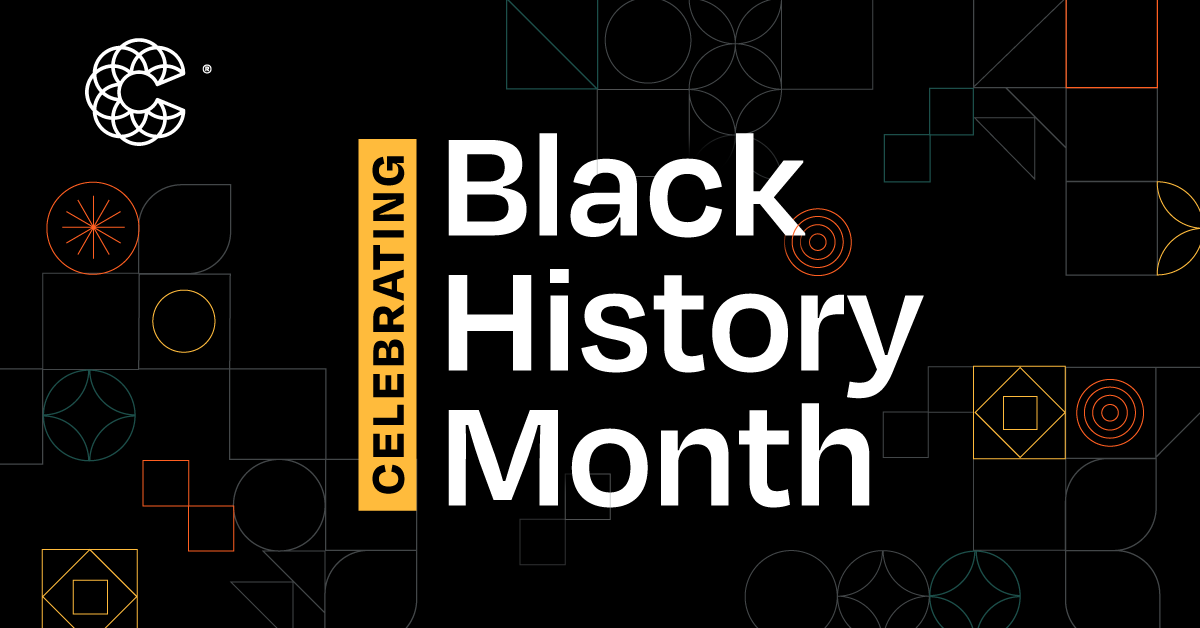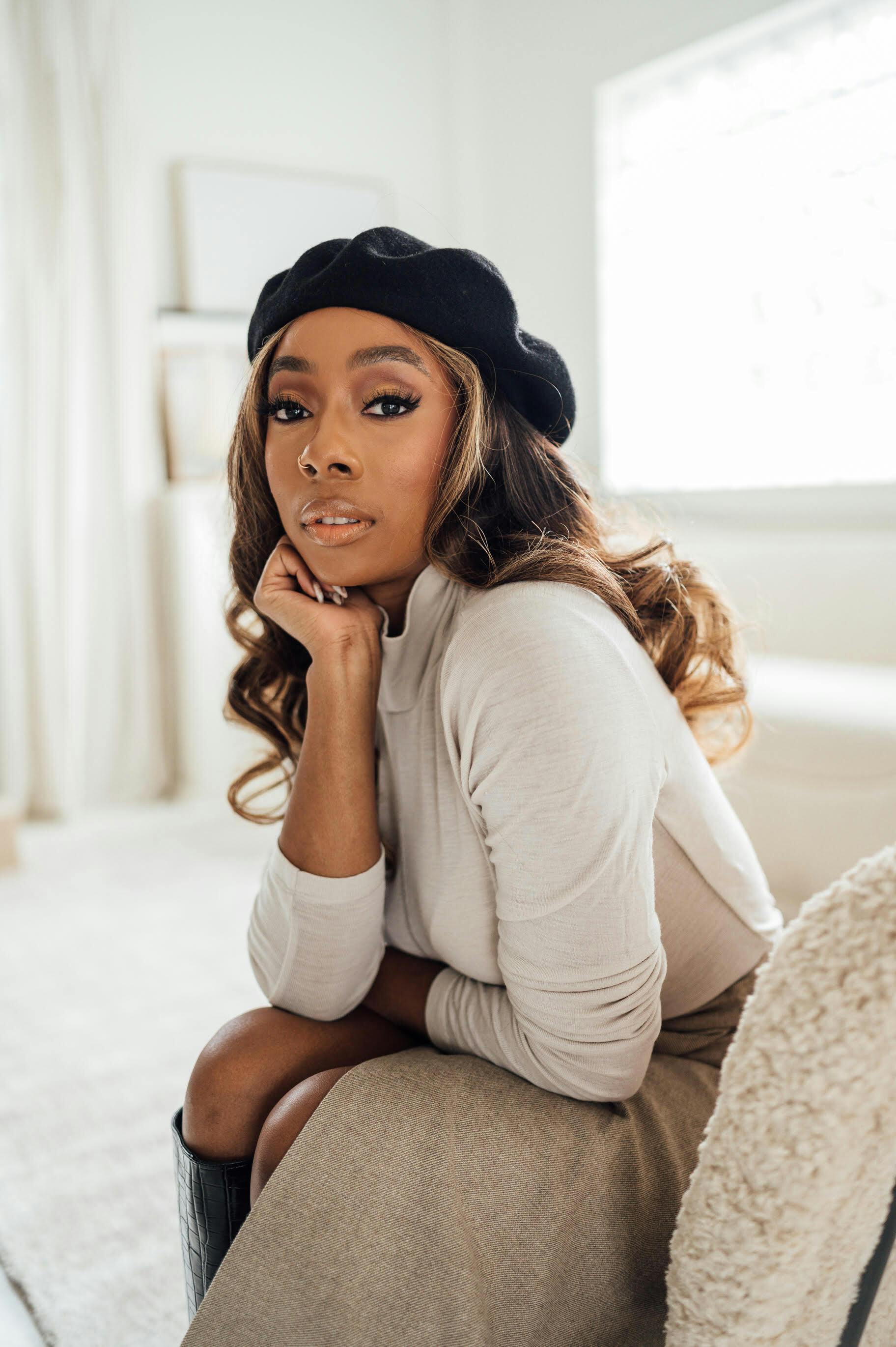The Black Experience: Coalition BusDev shares her modern-day view

Understanding is key to bridging gaps and learning about the cultural traditions that shape and define our friends, family, and coworkers. To celebrate Black History Month, Coalition is spotlighting the lived experiences of our coworkers and learning more about how these experiences have shaped who they are at work and at home.
I don’t remember the day my parents sat me down to tell me I was Black. I don’t remember it because it never happened. Looking back through the years, I can’t even pinpoint the day that I actually realized I was Black. Could it have been in school when I was teased by another classmate for my dark skin and my jet Black hair? Or when I interned at a large corporation and instead of friendly replies to my eager “good morning” shout each morning- there was silence. Was it the day I received my acceptance letter to attend an HBCU? Perhaps when I was followed through Walmart by a secret shopper for twenty minutes because I “looked like I would steal.” I don’t even recall it hitting me as we pulled up to my college campus for the first time as I drove past Williams Chicken on University Boulevard, which is now known as Sandra Bland Parkway. I don’t recall it because it never happened. I never thought I was no different than you. I was actually convinced at one point that we were all the same. I mean, aren’t we all the same?
Growing up Black meant that we lived and breathed in survival mode. Not the survival mode very similar to our ancestors but the survival mode we are innately born with, aiming to be the very best in class just to get the same opportunity as my peers. Or the hunger to aim for a seat at the table just to have to change my dialect, over-articulate every syllable, and code-switching so I don’t show too much of my Blackness. You have to play by society’s rules being Black. Even the unspoken ones or you may not make it home. And in case you missed it “society” ain’t Black. Conversations about Black men and police injustice now circulate back into conversations at every Black person’s home during dinner. And while we fight for justice and equality, we earn less, fighting to pursue our dreams, while our mannerisms, trends, and statements of our Blackness are stolen from those who love our culture but hate our skin.
This may not have been the same survival mode as you recall from reading about in the history books filled with stories about Harriet Tubman & the Underground Railroad or Rosa Parks when she refused to give up her seat. This wasn’t like the countless amounts of activists and marching that took place during the Civil Rights Movement or like the 1967 Detriot Riot — or was it?
Maybe I should have realized I was Black a lot sooner. It is my culture that shifts the culture, sets the pace, and creates the trends. Blackness is in my DNA and it runs through the lyrics I hear in my favorite J. Cole album, or through the beautiful sound of the piano played by John Legend. I can feel the heat of summer against my brown skin as I blast The Miseducation of Lauryn Hill and I reflect with a smile as I think about seeing the most iconic performer of our time perform live in concert. None other than Beyonce herself. Jacob Lawrence and Jean-Michel Basquiat are the artists that I admire with every piece of artwork illuminating the African American perspective. I see my Blackness on the runway with fashion inspired by icons such as Tyra Banks, Iman, Naomi Campbell, Grace Jones, Rihanna, Brandon Blackwood, and the late Virgil Abloh. Maya Angelou, Zora Neale Hurston, Tori Morrison, Alice Walker, and Octavia Butler are the inspiration of every writing style I’ve ever loved. The list goes on.
Being Black means I get to inherit a little bit of a lot of experiences that bring us together, to make us better.
Resilience
Innovation
Persistence
Freedom
Abundance
Creatives
Survivors
Everyone’s lived experiences are different. It can be challenging to share a piece of yourself. We respect and appreciate Amber for sharing her personal perspective of the modern Black experience.



